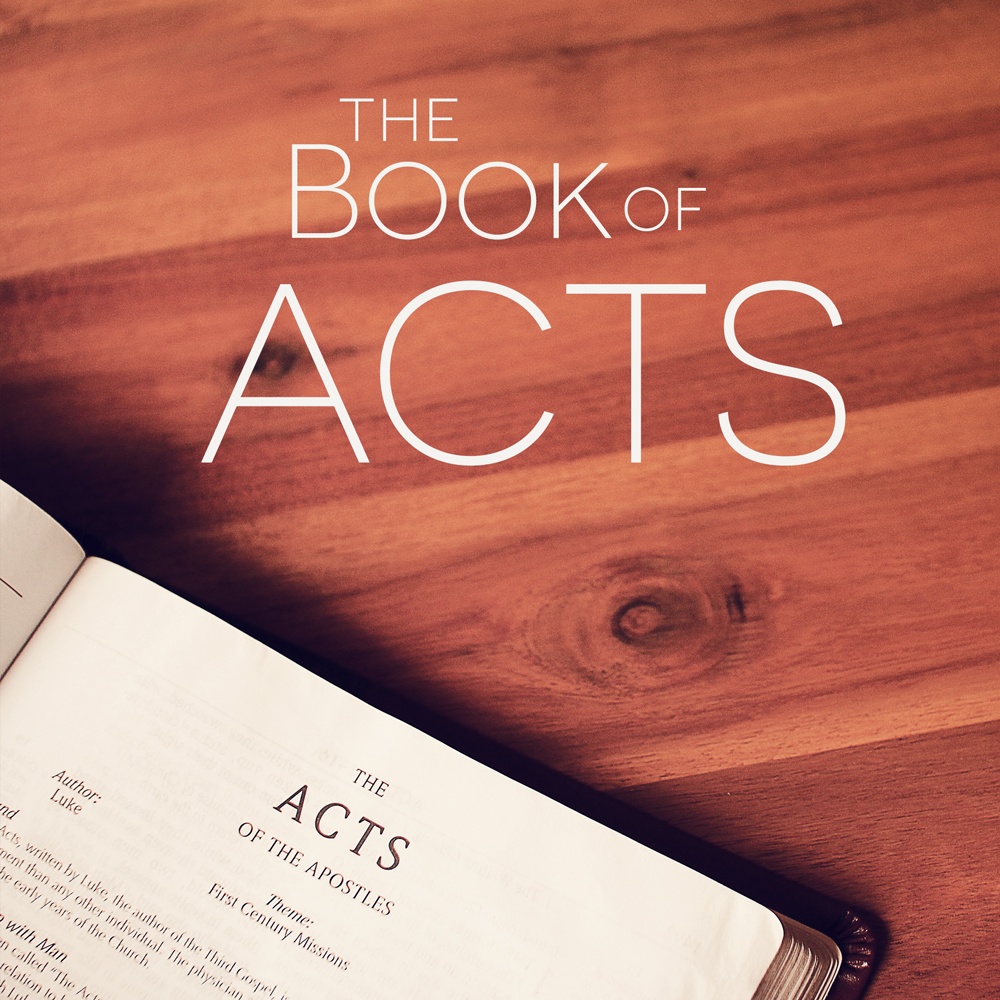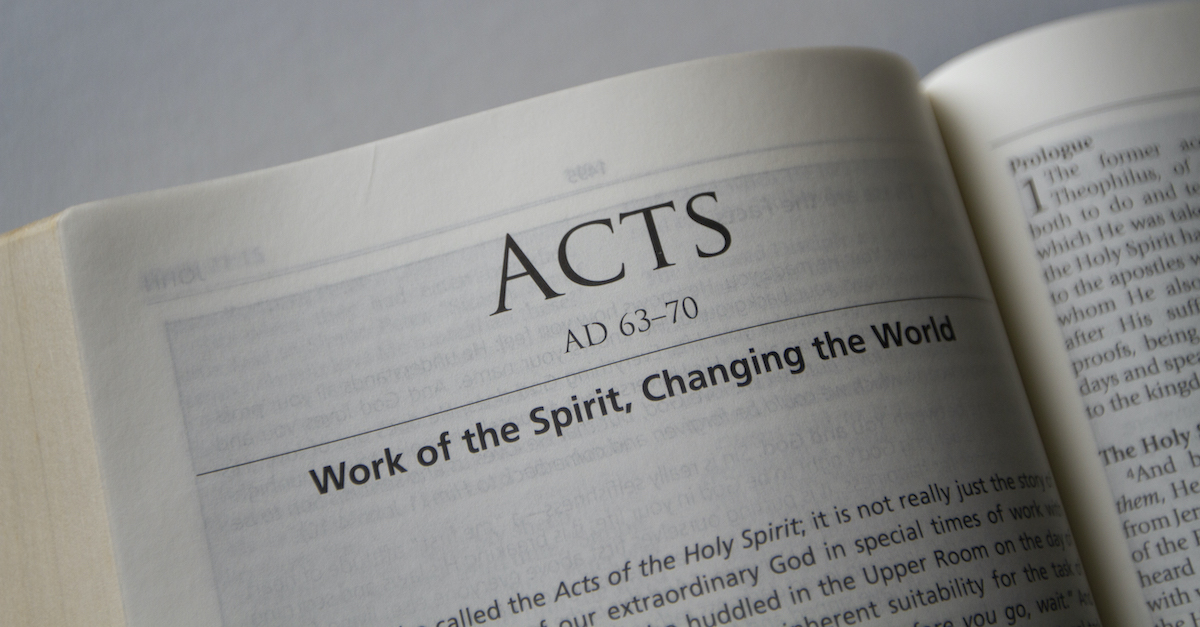Have you ever stopped to really consider what freedom means to you? It's a concept we hear so much about, isn't it? Yet, its meaning can feel a bit elusive, changing depending on who you ask or what situation you find yourself in. Today, May 18, 2024, we’re going to take a closer look at "acts of freedom," exploring the many ways this idea shows up in our lives, from personal choices to big historical moments. You know, it's pretty interesting how varied the interpretations can be.
For many, freedom speaks to the power and ability to think, to act, and to speak without anything getting in the way or holding them back. This kind of liberty, you see, is often written into the very laws and founding documents of nations, serving as the bedrock for how societies are built. It’s about having that inherent right to choose your own path, to express yourself, and to change as you want without someone or something putting a stop to it.
Yet, freedom goes even deeper than just being unconstrained. It’s also about how our inner will, our thoughts, and our feelings come together to shape what we do. This means exploring several key dimensions of what it means to be free. We’ll look at how freedom has changed over time, the brave actions that have defined it, and even how a place like an acting studio can be a spot for practicing these very acts of freedom. So, let’s get into it, shall we?
Table of Contents
- Defining Acts of Freedom: More Than Just Being Unbound
- Freedom in Action: Historical Moments and Resistance
- The Inner Journey to Freedom: Philosophy and Personal Growth
- Acts of Freedom in Everyday Life: From the Stage to the Street
- Frequently Asked Questions About Freedom
Defining Acts of Freedom: More Than Just Being Unbound
When we talk about "acts of freedom," it’s really about understanding what freedom truly is at its core. The New Oxford American Dictionary, for instance, says freedom is the "power or right to act, speak or think as one wants without hindrance or restraint." That’s a pretty straightforward idea, isn't it? It means you have the ability to do things without someone else telling you no, or without external forces stopping you.
But there's more to it than just that. Freedom, in some respects, is also about liberty and autonomy, where you give yourself your own rules, in a way. It’s about being in a state where you can act, speak, or think without outside limits or pressures. This idea is a very important concept in philosophy, actually, something thinkers have pondered for ages. It suggests a deep connection between our ability to choose and our very existence.
Then there’s a different kind of freedom, one that’s more about what you let go of. This is the idea that freedom comes when feelings like anger, worry, greed, hate, and all those unnecessary desires just drop away when you are in the presence of something you truly love or find sacred. This means that the greatest freedom, you see, is often "freedom from" these internal burdens. It's a release from the things that weigh you down, allowing for a lighter, more open way of being.
Freedom in Action: Historical Moments and Resistance
History is absolutely filled with incredible acts of freedom, moments when people stood up for what they believed in and changed the course of things. These actions are often about challenging existing structures or laws that limit people's basic rights. Freedoms, as a matter of fact, are often woven into the very charters and constitutions of nations, serving as the fundamental principles of law, protecting these essential human liberties.
A really powerful example of such an act in American history is the Civil Rights Act of 1964. Enacted on July 2nd, 1964, this law outlawed discrimination based on a person’s race, their skin color, religion, sex, or national origin. It pretty much legally ended the Jim Crow laws that had caused so much injustice. This was a monumental step, a true act of freedom that changed countless lives and reshaped society. It showed how legal changes can bring about significant liberation for many.
Beyond specific laws, American history, too, is full of defining acts of resistance. These moments truly show the lasting spirit of those who have fought for justice and for fairness. Each act, in its own unique way, has added to the ongoing story of freedom. From protests to movements, these actions, sometimes small and sometimes huge, have pushed society forward, making space for more people to experience true liberty. They remind us that freedom is not just given; it is often fought for, very courageously.
The Inner Journey to Freedom: Philosophy and Personal Growth
Freedom isn't just about big historical moments or legal rights; it’s also a deeply personal and philosophical journey. Human freedom, for instance, isn’t just about being unconstrained by outside forces. It’s actually about how our will, our ability to think, and our feelings all come together to shape the actions we take. This means there are several important aspects to consider when we think about what it means to be truly free within ourselves.
Immanuel Kant, a rather influential philosopher, had a fascinating idea about freedom. His view emphasized our duty to really look closely at where our wants, our desires, and all types of inclinations come from. For Kant, true freedom isn't just doing whatever you want; it’s about acting in a way that is guided by reason and a sense of moral obligation. It’s about taking control of your inner landscape, so to speak, and making choices that are principled and thoughtful.
Then there’s the concept of positive liberty, which is the possibility of acting—or the fact of acting—in such a way as to take control of one’s life and truly achieve one’s fundamental goals. This is different from just being free *from* something; it’s about being free *to* do something, to realize your potential. It’s about actively shaping your life, making choices that align with your deepest purposes. This kind of freedom, you know, can be very empowering.
Some even explore human freedom in a spiritual sense, suggesting it perfects itself only when it allows itself to be completely embraced by something larger, like God’s freedom. This perspective suggests that our deepest freedom comes from a connection to something beyond ourselves, a surrender that paradoxically brings greater liberation. It's a way of looking at freedom that goes beyond just the physical or mental, reaching into the spiritual side of being.
The idea of freedom has, quite naturally, evolved significantly throughout history. This evolution highlights key events and important figures that have shaped what freedom means over time. From ancient philosophical discussions to modern civil rights movements, the concept has continually broadened and deepened, reflecting humanity's ongoing quest for self-determination and dignity. It’s a concept that is always growing, always taking on new layers of meaning as society changes.
Jacques Derrida, another thoughtful philosopher, theorized about the act of taking (or giving) absolute responsibility. This concept, in a way, touches upon a deep connection between freedom and accountability. When you take full responsibility for your actions, you are, in essence, exercising a profound act of freedom. It means owning your choices completely, understanding their impact, and standing by them, which is a powerful display of personal liberty.
Acts of Freedom in Everyday Life: From the Stage to the Street
Acts of freedom aren't just for philosophers or historical figures; they happen in our everyday lives, too. Sometimes, they are quiet, personal choices, and other times, they are bold expressions that inspire others. Consider, for example, the idea that freedom is proven by our actions. The Bible, in Acts 26:20, suggests that our deeds show our true beliefs, which is a very practical way of looking at freedom in action.
The very concept of an "acts of freedom" studio, like the boutique acting studio located at 300 MLK Jr Drive SE Atlanta, GA 30312, near the historic Oakland Cemetery, offers a unique space for practicing this. Weekly classes and private coaching there might help people explore different roles, express themselves without fear, and step into new ways of being. Acting, in a way, can be an act of liberation, allowing individuals to shed inhibitions and find their voice.
Boldness, it seems, is also a significant part of acting freely. Peter and John, for instance, were bold because they had spent time with Jesus, as mentioned in Acts 4:13. This suggests that when people feel a deep connection or are filled with a strong sense of purpose, they gain the courage to speak their minds openly. The early Christians, too, prayed for boldness, showing that speaking freely and without fear is a cherished aspect of liberty, a very powerful act indeed.
The spread of ideas, even after difficult events, can also be an act of freedom. The death of a key figure, for instance, caused disciples to scatter and take their message to other parts of Judea, Samaria, and beyond Palestine, fulfilling a prophecy in Acts 1:8. This kind of dispersion, while initially a reaction to hardship, ultimately led to a wider sharing of beliefs, which is a profound act of intellectual and spiritual freedom. It shows how even adversity can lead to greater reach for ideas.
What causes us to change our ways, to truly repent, is often God’s goodness to us, as noted in Romans 2:4, and a godly sorrow for our past actions. This internal shift, this turning away from old habits or beliefs, is a deeply personal act of freedom. It’s about choosing a different path, releasing oneself from past mistakes, and embracing a new direction. This inner transformation, you know, is a very real expression of personal liberty.
So, whether it’s through legal battles, philosophical contemplation, spiritual awakening, or even the creative expression found in an acting class, acts of freedom are all around us. They are moments when individuals or groups assert their right to be, to think, and to act without undue restraint. They are the very fabric of human progress and personal growth, reminding us that freedom is a continuous journey, not just a destination. Learn more about freedom on our site, and you might also like to explore the historical context of liberty.
Frequently Asked Questions About Freedom
What does it mean to be truly free?
Being truly free, you see, means having the power and the right to think, to act, and to speak without anything holding you back or stopping you. It's also about being able to control your own life and achieve your main goals, rather like positive liberty suggests. Sometimes, it also means being free from inner burdens like anger or anxiety, allowing for a more peaceful existence.
How has the idea of freedom changed over time?
The idea of freedom has, in fact, changed quite a lot throughout history, evolving from basic concepts of being unconstrained to more complex philosophical and legal understandings. Early ideas might have focused on political freedom, while later developments included social and economic liberties. It has, too, been shaped by key historical events and the contributions of many important figures who fought for greater rights and self-determination for everyone.
What are some real-world examples of acts of freedom?
Real-world acts of freedom can be as grand as the enactment of the Civil Rights Act of 1964, which outlawed widespread discrimination, or as personal as someone finding their voice through acting classes at a place like the "acts of freedom" studio. They also include historical acts of resistance against injustice and individuals making bold choices based on their beliefs, even when it's difficult. It's about exercising the right to choose, speak, and act without undue restraint, in a very practical sense.



